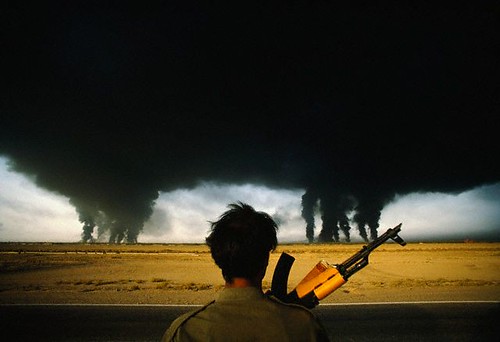 In June 1988, Iran and Iraq ended an eight year conflict by accepting a United Nations mandated cease fire--Iraq the ostensible victor, but both sides exhausted militarily and devastated economically. A year later, the Food & Drug Administration approved Amgen's erythropoeitin brand Epogen.
In June 1988, Iran and Iraq ended an eight year conflict by accepting a United Nations mandated cease fire--Iraq the ostensible victor, but both sides exhausted militarily and devastated economically. A year later, the Food & Drug Administration approved Amgen's erythropoeitin brand Epogen.
We didn't see the connection at the time, but it suddenly seemed clear to us when Amgen and Johnson & Johnson announced last week that they have settled antitrust claims in a case filed by J&J over bundling of Amgen's EPO brand Aranesp with its Neupogen and Neulasta franchises. J&J will receive $200 million, so we guess they "won"--but it is hard to see how either company comes out ahead in the latest chapter in the endless series of disputes arising from their EPO partnership.
But the bundling dispute took the contentious relationship between the two companies to a new level. When J&J launched a scorched earth litigation and lobbying campaign, there were plenty of people concerned that it could backfire by making both companies--and, indeed, the whole industry--look bad.
We aren't the type to say we told you so (okay, yes we are--we told you so), but when safety issues flared up with EPO, the perception that use of the products was driven in large part by contracting practices and reimbursement plays sure didn't help.
And, with both products damaged, a settlement was probably a pretty simple matter at this point. When this fight began, it was a high-stakes battle over every inch of ground in a lucrative and growing market. Now both armies are in retreat--and this isn't a fight either side wanted.


No comments:
Post a Comment